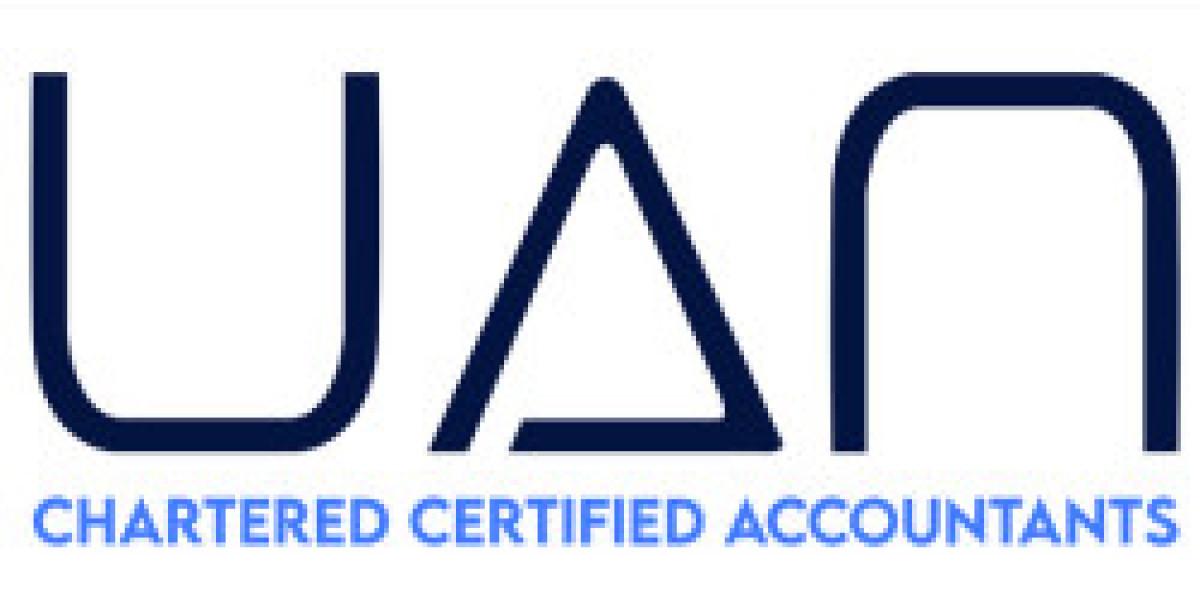Accounting is the backbone of every successful business. From tax compliance to financial planning, the quality and cost of accounting services often influence how companies operate and grow. However, in the United Kingdom, accounting practices and costs are not uniform across regions. Business owners frequently notice significant differences between the North and South of the country.
This article explores the regional differences in Accounting Services in UK, focusing on costs, availability, demand, and industry trends. It is designed to help business owners, entrepreneurs, and individuals make informed decisions when choosing the right financial services for their needs.
Regional Accounting Differences in the UK
The United Kingdom’s business landscape is shaped by geography and economics. London and the South of England are home to global corporations, financial institutions, and fast-growing startups. In contrast, the North of England has a stronger presence of manufacturing, logistics, and SMEs (small and medium-sized enterprises).
This divide impacts how accounting services are structured. Southern firms often emphasize corporate finance, international tax planning, and audit services for larger enterprises. Northern accountants, on the other hand, focus heavily on SMEs, regional tax compliance, and affordable advisory services.
Accounting Costs: North vs South
One of the most noticeable differences in accounting services in UK is cost.
South UK (London & surrounding areas):
Accounting costs are significantly higher. Hiring an accountant in London can cost 20–40% more than in Northern regions. For example, tax services for small businesses may start at £1,000 annually in London, while similar services in Manchester or Leeds may cost around £700. The higher costs are mainly driven by overheads such as office rents, salaries, and demand from corporate clients.North UK:
Accounting services are generally more affordable. Firms tend to cater to SMEs with budget-friendly packages, offering bookkeeping, payroll, and tax filing at competitive rates. This cost efficiency makes Northern accountants attractive for startups and growing businesses.
Availability and Access to Services
Another key factor is availability.
South UK:
There is an abundance of accounting firms, ranging from global giants like PwC and Deloitte to boutique specialists. The South offers a full spectrum of services, including forensic accounting, corporate restructuring, and international tax services. Entrepreneurs seeking niche expertise are more likely to find it in London.North UK:
While large firms also have offices in major Northern cities, availability is more limited compared to the South. However, regional firms excel in personalized service and community-based support. Businesses that prefer close relationships with accountants often value the Northern approach.
Tax Services and Compliance
Tax planning is a critical component of business accounting in UK.
South UK:
In London, accountants often deal with complex tax structures, multinational tax planning, and cross-border compliance. Firms work with corporations that require advanced strategies for VAT, corporate tax, and international regulations.North UK:
Tax services are more straightforward, focusing on SMEs, sole traders, and regional businesses. Accountants help clients with PAYE, VAT registration, and annual filings. They also provide hands-on guidance for entrepreneurs unfamiliar with tax obligations.
This difference reflects the varied business demographics across the regions.
Audit Services and Regulatory Needs
Audit requirements differ by business size and industry, and regional trends influence demand.
South UK:
The demand for audit services is high due to the presence of large corporations and financial institutions. Compliance with strict regulatory standards requires regular audits, internal controls, and assurance services.North UK:
While audits are still required, fewer businesses fall under mandatory audit thresholds compared to the South. As a result, Northern accounting firms perform more voluntary audits, often requested by SMEs seeking credibility with lenders or investors.
Demand for Accounting Services in UK North vs South
Demand levels differ based on industry concentration.
South UK:
High demand comes from finance, real estate, and international trade. Startups in London’s tech hub also rely on accountants for investment structuring and growth planning. The South’s global connections create a constant demand for sophisticated services.North UK:
Demand is driven by manufacturing, retail, and logistics. These industries require practical accounting support such as payroll management, cost analysis, and compliance. Growth in the Northern Powerhouse cities like Manchester, Leeds, and Newcastle has also increased demand for affordable accounting packages.
Industry Trends Shaping Regional Accounting
Both regions are adapting to new trends in the accounting industry.
Digital Accounting Software – Tools like Xero and QuickBooks are widely used in both North and South. However, Southern firms adopt automation and AI solutions faster due to larger budgets.
Outsourcing – Businesses in the South increasingly outsource accounting functions to reduce high in-house costs, while Northern firms provide hybrid solutions with both local and digital support.
Specialization – Southern firms specialize in corporate finance and global compliance, while Northern firms focus on SME advisory and tax efficiency.
Remote Services – Post-pandemic, remote accounting has reduced the North–South gap, making it easier for businesses in one region to hire accountants from another.
Practical Example of Regional Cost Difference
To illustrate, consider a mid-sized business seeking tax and audit services:
London firm quote: £15,000 annually.
Manchester firm quote: £9,000 annually for similar services.
The £6,000 difference demonstrates how location directly impacts accounting costs. Businesses must weigh whether paying more in the South delivers additional value or if Northern firms provide sufficient expertise at lower costs.
Conclusion
The regional divide in Accounting Services in UK is clear. Southern regions, particularly London, offer premium services at higher costs, catering to large corporations and international businesses. Northern regions provide cost-effective, personalized solutions, ideal for SMEs and startups.
For business owners and entrepreneurs, the choice depends on priorities. Those requiring global tax strategies, complex audits, or niche expertise may benefit from Southern firms. Meanwhile, businesses seeking affordable, practical support will find excellent options in the North.
Ultimately, understanding these regional differences helps businesses align their accounting choices with financial goals. Whether North or South, selecting the right accountant is an investment in stability, compliance, and long-term success.



